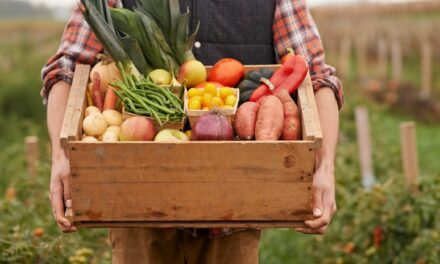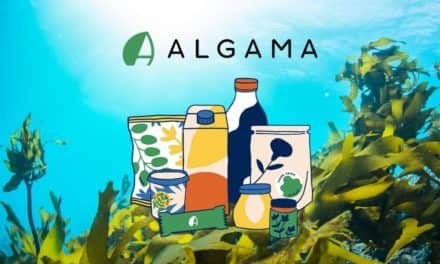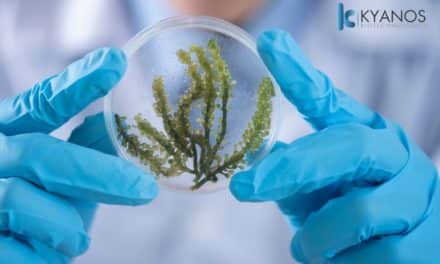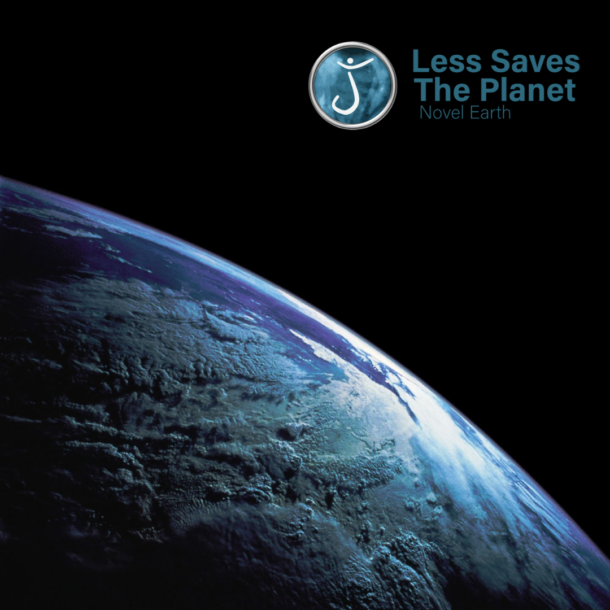
Plant-Based Diets and Meat Alternatives: The Rise of Plant-Based Diets and Meat Substitutes to Reduce the Environmental Impact of Industrial Livestock Farming

In a world increasingly concerned with environmental issues, meat consumption, particularly that stemming from industrial livestock farming, is being scrutinized for its harmful effects on the planet. With a significant carbon footprint, high water consumption, and its contribution to deforestation, industrial livestock farming has become one of the main sources of pollution and ecosystem degradation. In response to this problem, plant-based diets and meat alternatives are on the rise. More and more people are adopting more sustainable eating habits, whether for health reasons, animal ethics, or to help protect the environment.
The Environmental Impact of Industrial Livestock Farming
Industrial livestock farming is responsible for nearly 15% of global greenhouse gas (GHG) emissions, according to the United Nations Food and Agriculture Organization (FAO). This proportion even exceeds that of the transportation sector. Cattle farming, in particular, generates methane, a greenhouse gas 25 times more potent than carbon dioxide (CO₂). Additionally, meat production requires enormous amounts of water: it takes approximately 15,000 liters of water to produce one kilogram of beef. On top of that, significant land is needed to grow the feed for livestock. Nearly 80% of the world’s agricultural land is used for livestock farming and growing grains and fodder for animal feed.
The growing demand for meat is also driving deforestation, especially in regions like the Amazon, where hectares of forest are cleared to make way for pastures or soy crops used for animal feed. This destruction of forests results in massive biodiversity loss and accelerates climate change, as forests are essential carbon sinks.
The Rise of Plant-Based Diets
In response to these challenges, more people are turning to plant-based diets. These diets focus on fruits, vegetables, grains, legumes, nuts, and seeds, while reducing or eliminating animal products. Veganism, which excludes all animal products, and vegetarianism, which eliminates only meat and fish, are common examples of plant-based diets. However, a more flexible trend called “flexitarianism” is also gaining traction, allowing occasional meat consumption while primarily focusing on plant-based foods.
Adopting a plant-based diet offers numerous environmental benefits. According to a report from the University of Oxford, reducing meat and dairy consumption could lower an individual’s food-related carbon footprint by up to 73%. Furthermore, plant-based agriculture uses less water and land and generates less pollution than livestock farming. Unlike animals, plants absorb carbon dioxide during photosynthesis, helping to reduce GHGs in the atmosphere.
Meat Alternatives: A Booming Innovation
Alongside the growing popularity of plant-based diets, the market for meat substitutes is expanding rapidly. These alternatives are designed to mimic the texture, taste, and appearance of meat but are made from plant-based ingredients such as pea, soy, or wheat proteins. Companies like Beyond Meat and Impossible Foods have revolutionized this sector by creating products that look and cook like meat but without the environmental impacts of livestock farming.
These products target not only vegans and vegetarians but also flexitarian consumers and meat lovers looking to reduce their intake of animal products. By offering a tasty and nutritious alternative, these meat substitutes meet the growing demand for more sustainable options. Additionally, they typically require fewer natural resources for production. For example, a study by Impossible Foods revealed that its flagship product, the Impossible Burger, uses 87% less water, 96% less land, and emits 89% fewer GHGs compared to producing a traditional beef burger.
Fermentation-Based and Lab-Grown Proteins
Beyond plant-based alternatives, other technologies are emerging to offer meat substitutes. Among them is microbial fermentation, which uses fungi or bacteria to produce nutrient-rich proteins, and lab-grown meat. The latter, though still in the experimental phase, involves growing animal cells in a lab to produce meat without the need for livestock farming. While there are challenges to overcome, particularly in terms of production costs, lab-grown meat is seen as a promising solution to meet the global demand for meat while reducing environmental and ethical impacts.
Health Benefits
In addition to environmental advantages, plant-based diets are also associated with numerous health benefits. Diets rich in fruits, vegetables, whole grains, and legumes are linked to a reduced risk of chronic diseases such as heart disease, type 2 diabetes, and certain cancers. Furthermore, these diets are generally lower in saturated fat and cholesterol, while being high in fiber, vitamins, and antioxidants.
However, it is essential for those adopting a vegan or vegetarian diet to ensure they obtain certain essential nutrients, such as protein, iron, vitamin B12, and omega-3 fatty acids. Fortunately, careful meal planning and the use of dietary supplements can help meet these nutritional needs.
Conclusion
The rise of plant-based diets and meat alternatives reflects a growing awareness of the environmental and health issues related to industrial livestock farming. By reducing the consumption of animal products, it is possible to significantly lower the ecological footprint of our diets while improving our health. Meat substitutes and innovative technologies like lab-grown meat offer viable solutions to meet the world’s increasing demand for protein while limiting negative impacts on our planet. The future of food seems to be shifting toward more sustainable practices, benefiting everyone.



















